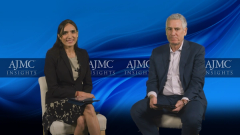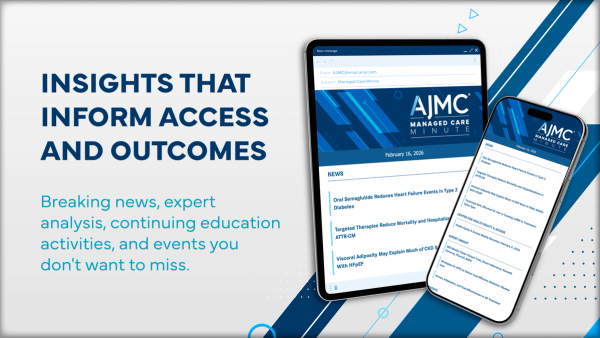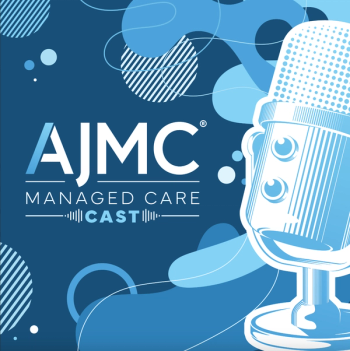
Conference Coverage
Latest Content

Intralesional Cemiplimab Shows Promise as a Nonsurgical Alternative for Early-Stage CSCC

2026 ACS Report Shows CRC Rising in Younger Adults Despite Overall Decline

Surveys Show Differences in Patient, Clinician Perspectives on the Impact of Alopecia Areata

New Clinical Data Highlight Povorcitinib’s Potential to Achieve High-Threshold Lesion Clearance in HS

For Patients With mCRPC, Results With Pluvicto in Real-World Settings Keep Pace With Clinical Trials

Shorts










Podcasts
Center on Health Equity & Access
Continuing Medical Education
All News

The Conference on Retroviruses and Opportunistic Infections 2026 included breakthrough research and looked toward the future of HIV.

The data in these posters address a central clinical question: can a topical JAK1/JAK2 inhibitor deliver robust efficacy while maintaining a reassuring safety profile?
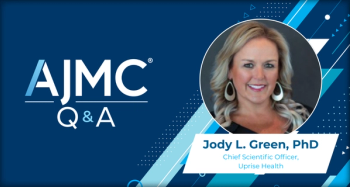
Jody L. Green, PhD, explains how regulatory decisions shape medication safety amid uptake of OTC drugs.

National data reveal increasing rates of type 1 and type 2 diabetes among children insured through Medicaid and CHIP.

Patients with myasthenia gravis had a more consistent clinical response and fewer deteriorations when using add-on therapy early.

AI-enabled coronary CT angiography reveals total plaque burden beyond calcium scores, improving risk prediction and personalizing cardiovascular prevention.

Socioeconomic adversity in the perinatal period drives widening low birth weight gaps, fueling adverse pregnancy outcomes and deepening maternal and infant health inequities.
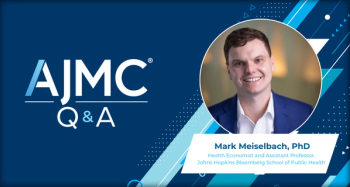
Nearly 3 million MA enrollees may lose plan coverage in 2026 as payment reforms drive market exits, hitting rural areas hardest and reshaping competition, explains Mark Meiselbach, PhD.
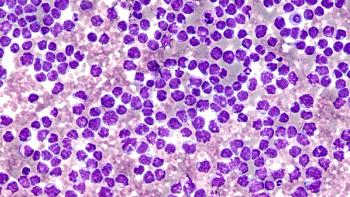
Investigators in China touted durable responses seen in a phase 2 study of the CAR T-cell therapy relma-cel, which has a similar mechanism of action as liso-cel. At present, there are no approved CAR T-cell therapies for relapsed/refractory mantle cell lymphoma in China.

Environmental factors were a barrier to participation in community activities among people with multiple sclerosis, even after adjusting for personal factors like disease severity.





